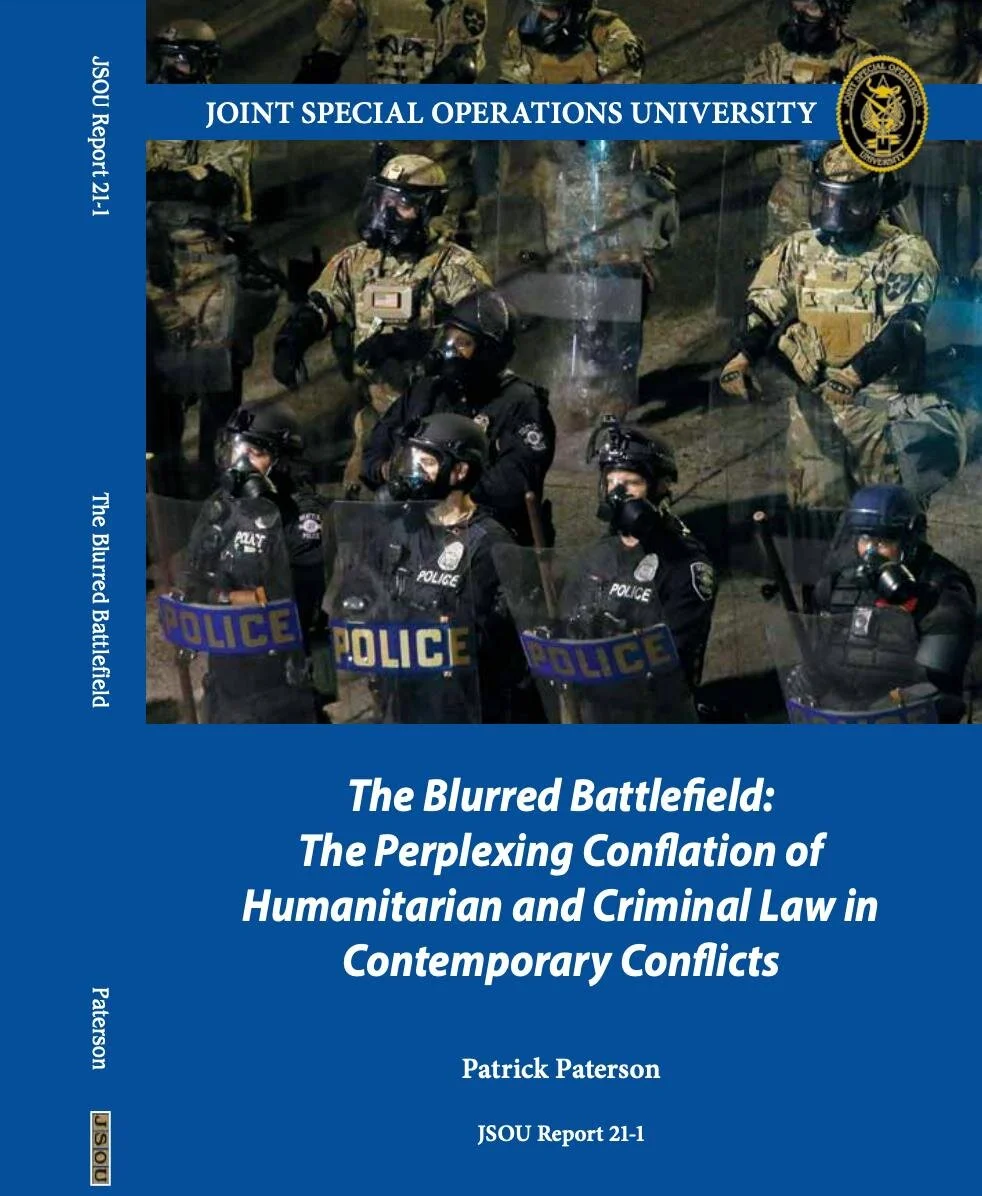U.S. Secretary of State John Kerry traveled to Cuba on August 14 for the opening of the U.S. Embassy, the first time in over five decades that the U.S. and Cuba have had formal diplomatic relations. The event is the continuation of an effort to normalize relations between the two countries that began in December of last year. Cuba re-opened its embassy in Washington on July 20. The U.S. also removed Cuba from its list of state sponsors of terrorism last month and upgraded Cuba’s status in its annual human trafficking report.
While many issues remain to be resolved – not the least of which are the U.S. economic embargo and civil/political liberties for Cubans – the progress to improve relations between the two nations has been remarkable. During the 20th century, the U.S.’s record on promoting democracy and human rights in the region was often overshadowed by support for military autocrats who helped contain communist expansion during the Cold War and the U.S.’s long history of hegemony in the hemisphere. Despite that, the recent diplomatic efforts of the Obama Administration have been widely heralded by other Latin American leaders. Leaders from Latin American nations normally staunchly opposed to U.S. foreign policy have extended offers to reestablish diplomatic and economic efforts with the U.S.
